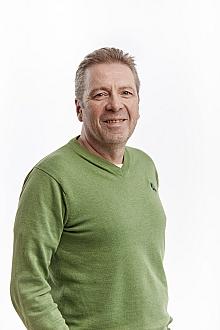Thomas Axelsson
Huvudskyddsombud
Nämnder, råd m.m.
Högskoleservice -
Arbetsmiljökommitté
, Facklig representant (ST)
Hälsohögskolan -
AMK
, Facklig representant
Högskoleservice -
MBL-samråd
, Ledamot
Hälsohögskolan -
MBL-förhandlare
, Facklig representant
Högskoleservice -
Styrelse
, Personalrepresentant
Högskolan för lärande och kommunikation -
Arbetsmiljökommitté
, Facklig representant (ST)


 Ändra din information
Ändra din information